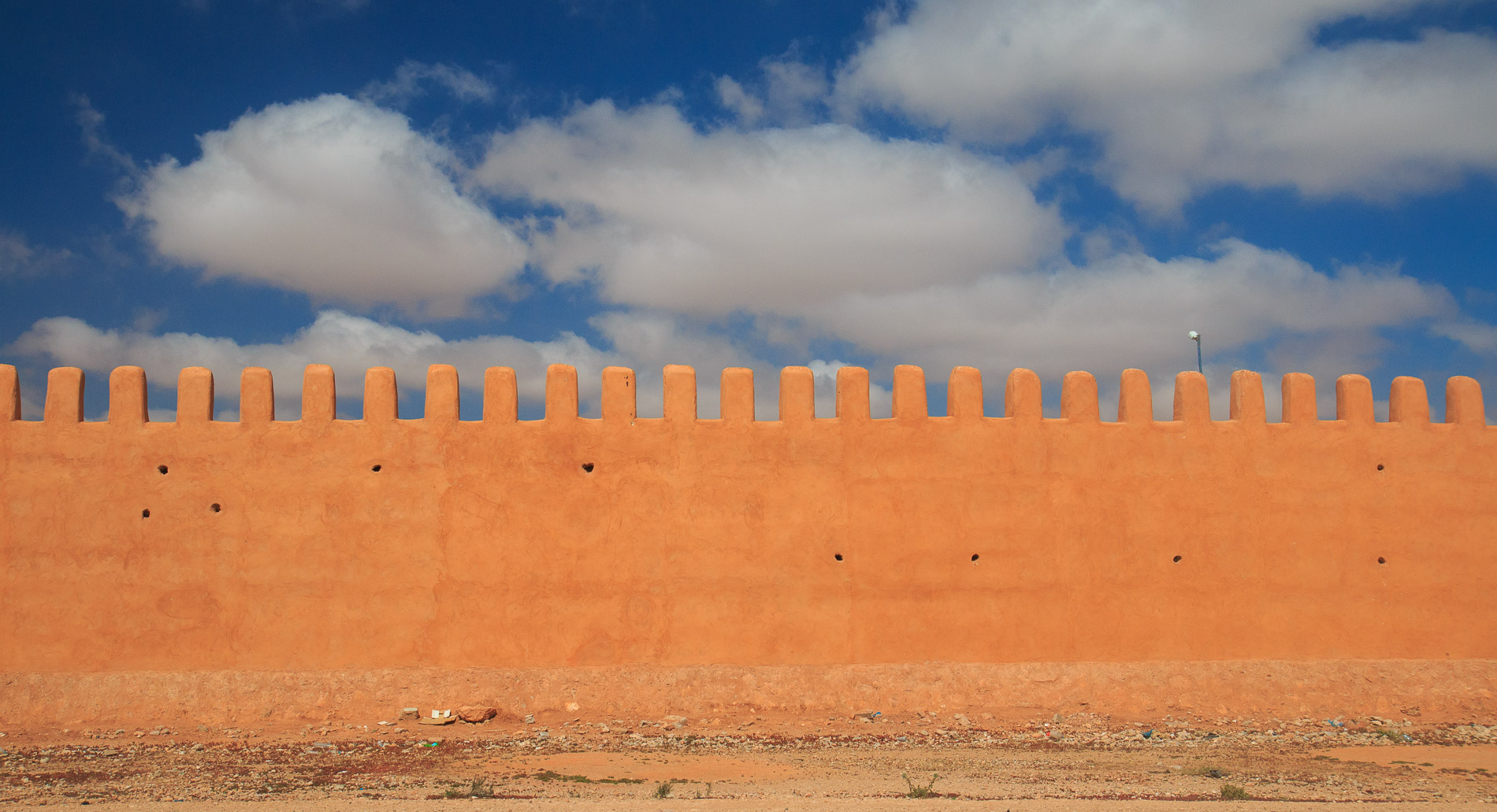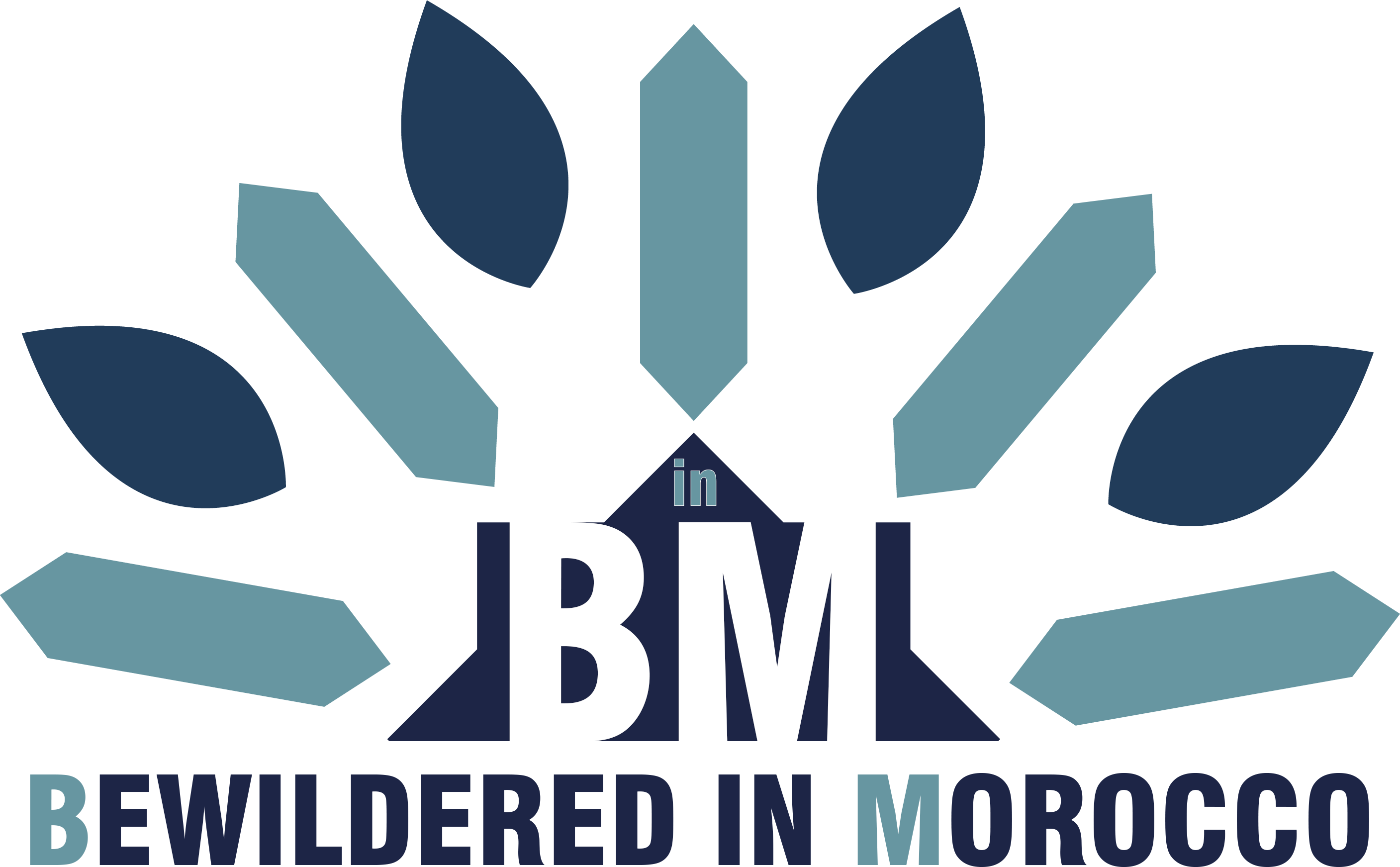As I listen, Habib shares his unexpected journey. Between sips of mint tea (which he assures the host is particularly special, thanks to the unique na'na' (mint) from Tiznit), he reveals how he stumbled into music in 2021. "It started by chance," he says with a laugh, though his passion suggests there's nothing accidental about his dedication to preserving Amazigh musical heritage
From Tiznit to International Recognition

Growing up in Tiznit, a city renowned for its rich musical heritage, Habib's connection to music started early. "Tiznit is special," he tells me, his eyes lighting up as he speaks about his hometown. "It's the land of music, the land of artists, the land of beautiful people." This deep-rooted connection to his cultural origins would later become the foundation of his musical innovation.
A Unique Musical Journey

What sets Habib Salam apart in Morocco's music scene is his innovative approach to Amazigh music. Having started his professional journey in 2021, he's already making waves by blending traditional Amazigh melodies with contemporary arrangements. His breakthrough came during the COVID-19 lockdown when he created a unique home-recording project that garnered attention from over 370 collaborators.
"T'arba N'talb": Reviving Cultural Memory
One of Habib's most significant works is "T'arba N'talb" (The Student's Wednesday), a song that beautifully captures a forgotten Amazigh tradition. The song recalls how students would bring eggs to their Quranic teacher every Wednesday as a token of appreciation. Through this piece, Habib doesn't just create music – he preserves cultural memory.
Bridging Tradition and Modernity
What makes Habib's music particularly special is its ability to resonate with audiences regardless of their understanding of the Amazigh language. As he explains, "Even when people don't understand the words, they feel the emotion." His songs are accompanied by Arabic translations, making them accessible while maintaining their authentic Amazigh essence.
Impact on Modern Moroccan Music
Habib represents a new generation of Moroccan artists who are working to preserve their cultural heritage while making it relevant to contemporary audiences. His work with Hamid Sefairi, who writes his lyrics, demonstrates a collaborative approach to cultural preservation and innovation.
Looking Forward
While maintaining his primary career in international trade, Habib continues to develop his musical projects under his label "Re Dream." His commitment to keeping music as a "hobby with purpose" allows him to create authentically without commercial pressure.
Practical Information for Music Enthusiasts
- Find Habib Salam's music on YouTube
- His songs include Arabic translations for non-Amazigh speakers
- Based in Tiznit, a city known for its musical heritage
- Regular collaborations with traditional and contemporary artists
Experience It Yourself
If you're interested in experiencing Morocco's evolving music scene, Tiznit offers a unique window into both traditional and contemporary Amazigh music. While visiting, you might catch one of Habib's rare performances or discover other emerging artists continuing this rich musical tradition.
Have you experienced Amazigh music in Morocco? Share your stories in the comments below! And if you're planning a trip to Tiznit, don't forget to check out our guide to the city's best musical venues and cultural spaces.
